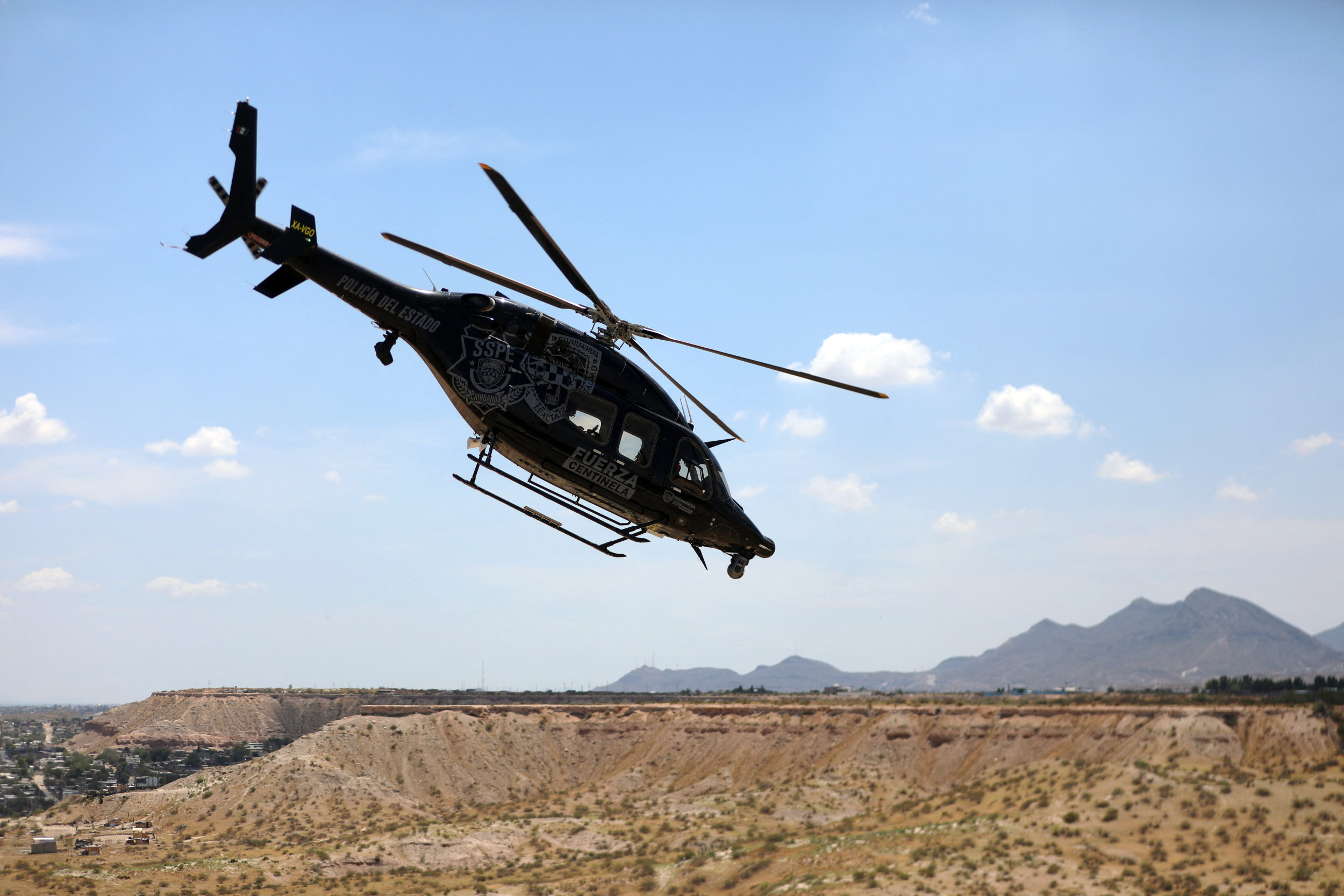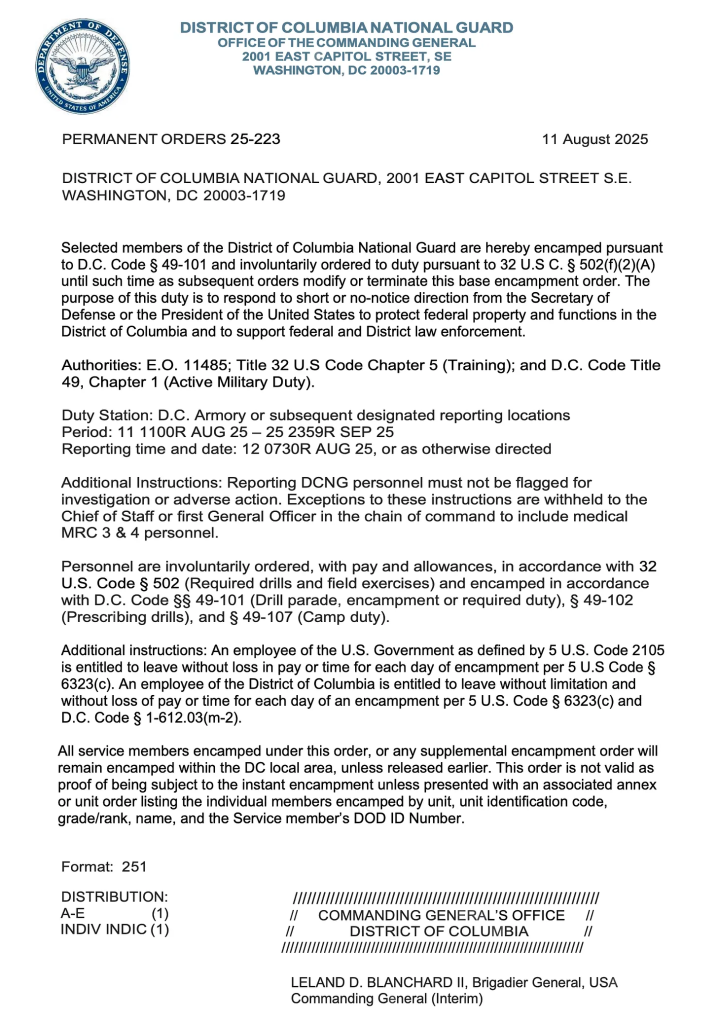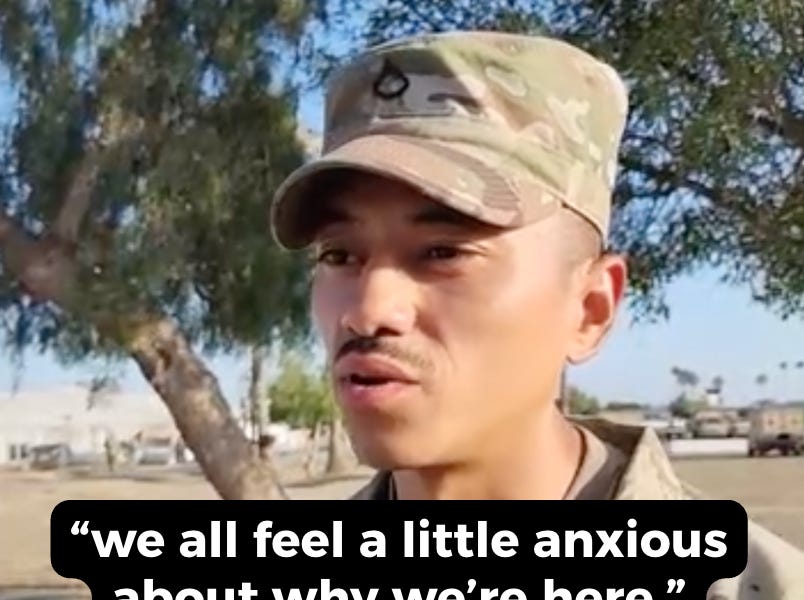Experts on U.S.-Mexico relations have told Newsweek that reported plans by the Trump administration for potential military operations against cartels in Mexico would be condemned as an act of aggression that could have disastrous unintended consequences — while also “fundamentally misdiagnosing” how the groups operate.
The reported plans, first revealed by independent journalist Ken Klippenstein, are set to be ready for mid-September, and would involve action on Mexican soil at the direction of President Donald Trump.
“Absent Mexican consent, any military action in Mexico will be condemned, I believe justifiably, as an act of aggression in violation of the most basic provision of the UN Charter and customary international law,” Geoffrey Corn, director of the Center for Military Law and Policy at Texas Tech School of Law, told Newsweek.
“The U.S. will undoubtedly assert it is acting pursuant to the inherent right of self-defense. But that right is only applicable in response to an actual or imminent armed attack, not on activities of a non-state group that cause harm to the nation, which I believe is the case.”
The increased enforcement action would come after the Trump administration classified select cartels and transnational criminal gangs as Foreign Terrorist Organizations (FTOs) in February. The president has long argued that the U.S. needed to be firmer in how it dealt with the groups, widely seen as the driving force feeding the cross-border drug trade.
Sending a Message
When Newsweek asked the Department of Defense about the report, Sean Parnell, the Pentagon‘s spokesperson, reaffirmed the president’s FTO designation and the belief that the groups are a “direct threat” to national security.
“These cartels have engaged in historic violence and terror throughout our Hemisphere—and around the globe– that has destabilized economies and internal security of countries but also flooded the United States with deadly drugs, violent criminals, and vicious gangs,” Parnell said.
Klippenstein’s report is not the first to detail potential military action, however, with the U.S. moving personnel into the seas around Mexico and Latin America in recent weeks.
“On the practical level, we have to clarify what ‘military action’ means. One could think of drone strikes on infrastructure, but fentanyl production and trafficking in Mexico is highly fragmented—small networks, labs inside houses in cities like Culiacán. Drone strikes there would be complicated and dangerous,” David Mora, senior analyst for Mexico at International Crisis Group, told Newsweek Thursday.
“If it were instead a deployment of U.S. troops to capture or eliminate a criminal leader, Trump might sell it as a victory. It would sound good and grab headlines, but it would be an empty victory. History shows that this strategy does not solve drug trafficking or organized crime.
“On the contrary, it increases violence. Even the Department of Justice and the DEA have admitted this.”
Military Action Could Backfire on the Border
When the FTO designation was first signed by Secretary of State Marco Rubio, policy experts raised concerns about the unintended consequences the move could have, particularly around immigration.
While Trump has all but shut down the southern border with Mexico, one critic said branding cartels as terrorist organizations could lead to stronger claims for asylum – a concern echoed by Cecilia Farfán-Méndez, the head of the North American Observatory at Global Initiative Against Transational Organized Crime.
“It is mutually exclusive from the border and migration objectives the administration has. Evidence shows that violence drives internal displacement,” Farfán-Méndez told Newsweek. “U.S. military action in Mexico, and potential responses by criminal groups in Mexico, could generate displacement of communities.
“As with other episodes of violence and displacement, it is not unthinkable these communities migrate to the border and seek asylum in the US. This prevents the orderly migration process the Trump administration has sought.”
All three experts Newsweek spoke with raised concerns about the viability and constitutionality of making such moves, when cartels have not necessarily carried out a coordinated attack on the U.S. that could be defined as military action that would require like-for-like retaliation.
Farfán-Méndez said she believed there was a misdiagnosis on the part of the White House regarding how criminal gangs operate, explaining that the drug trade was not “three men hiding in the Sierra Madre that you can target and eliminate”, and that there were actors working in concert on both sides of the border.
U.S. Sentencing Commission data for 2024 backed that up, showing 83.5 percent of those sentenced for fentanyl trafficking within the U.S. were American citizens, rather than foreign nationals.
Sheinbaum Could Be Political Victim
The experts also questioned how operations could affect the relationship between the U.S. and its southern neighbor, where President Claudia Sheinbaum has been clear publicly in her efforts to stem the flow of immigrants and drugs across the border while managing her relationship with Washington over other issues like trade.
“Mexico has always had less leverage,” Mora said. “If during Sheinbaum’s government there were any kind of unilateral U.S. action, it would be extremely politically sensitive. In Mexico, any unilateral action is equal to invasion.
“Imagine the slogan: being the president under whom the United States invaded Mexico again. Politically, it would be almost the end for her.”
For the Trump administration, which came into office in January promising strong border security and the end of fentanyl trafficking into the U.S., the likelihood of stronger actions on cartels appears clear, if the methods and strategy are less so.
Parnell told Newsweek that taking action against cartels, at the president’s directive, required a “whole-of-government effort and thorough coordination with regional partners” to eliminate the abilities of cartels to “threaten the territory, safety, and security” of the U.S.
Corn said any use of military force against the cartels would ultimately do more harm than good.
“I think this also is consistent with a trend we are seeing: when you think your best tool is a hammer, every problem starts to look like a nail,” the lawyer said. “This administration seems determined to expand the use of military power for all sorts of what it designates as ’emergencies.’ But this is fundamentally not a problem amenable to military attack.”

https://www.newsweek.com/trump-plans-military-action-mexico-cartels-2117318


